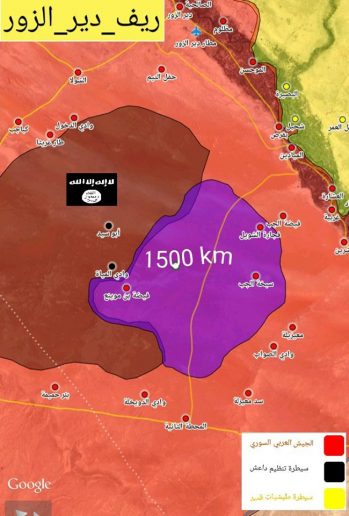Erdogan endangers Turkey-Greece ties by disputing borders treaty: Tsipras


Greece says Turkey is endangering bilateral relations by deriding the 1923 Lausanne Treaty that defined the modern boundaries between the two countries.
“Questioning the Treaty of Lausanne, which established norms in Greco-Turkish relations (and) the status quo in the Aegean and its islands, is dangerous to relations between the two countries and to the broader region,” Greek Prime Minister Alexis Tsipras’s office quoted him as saying on Friday.
A day earlier, Turkish President Recep Tayyip Erdogan described the almost-a-century-old peace accord as a defeat, whose “setbacks” have been endured by the country ever since it came into force.
“We gave away islands to Greece that we could reach with a shout in Lausanne. Is this victory? They tried to trick us into believing that Lausanne was a victory,” Erdogan further said during a speech in Ankara, accusing those who had signed the accord at the time of committing a mistake.
Some five years after the conclusion of World War I and almost a year after the collapse of the Ottoman Empire, the Treaty of Lausanne was ratified in 1923 between Turkey and the allied forces, including Britain, France, Italy and Greece, in a bid to settle the territorial disputes in the wake of the Great War, and on August 1924 it ultimately came into force.
Over the years, however, the two countries have suffered strains over their sea boundaries and almost went to war over an unpopulated small island in the Aegean in 1996, but tensions have eased ever since.
Tsipras went on to say that Athens would not respond in a similar manner.
Meanwhile, the leader of Turkey’s main opposition Republican People’s Party (CHP), Kemal Kilicdaroglu, also lambasted Erdogan’s remarks on the treaty, which he referred to as “Turkey’s deed.”
He also said that with “this much unemployment and corruption” in the 81 provinces of the country, it was unwise to bring up such an issue, saying that Turkish people defend the treaty.




